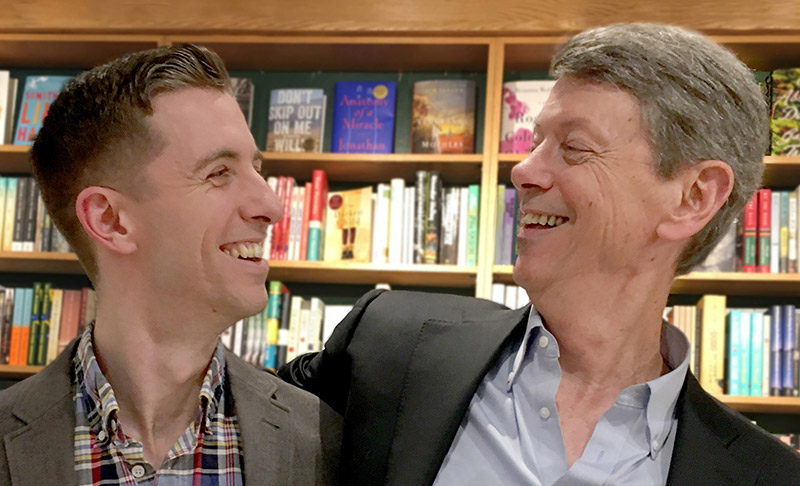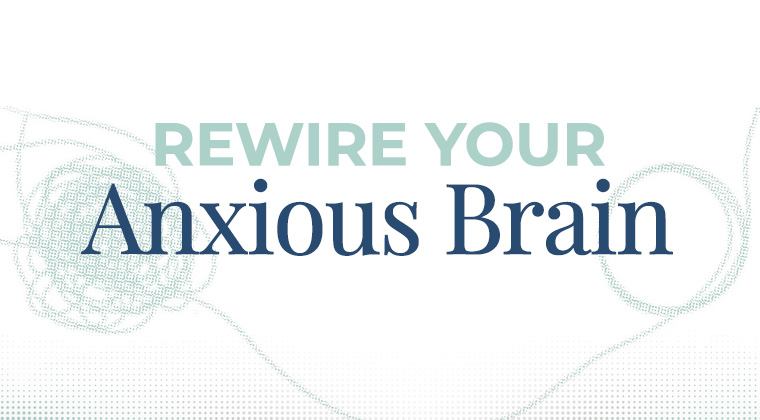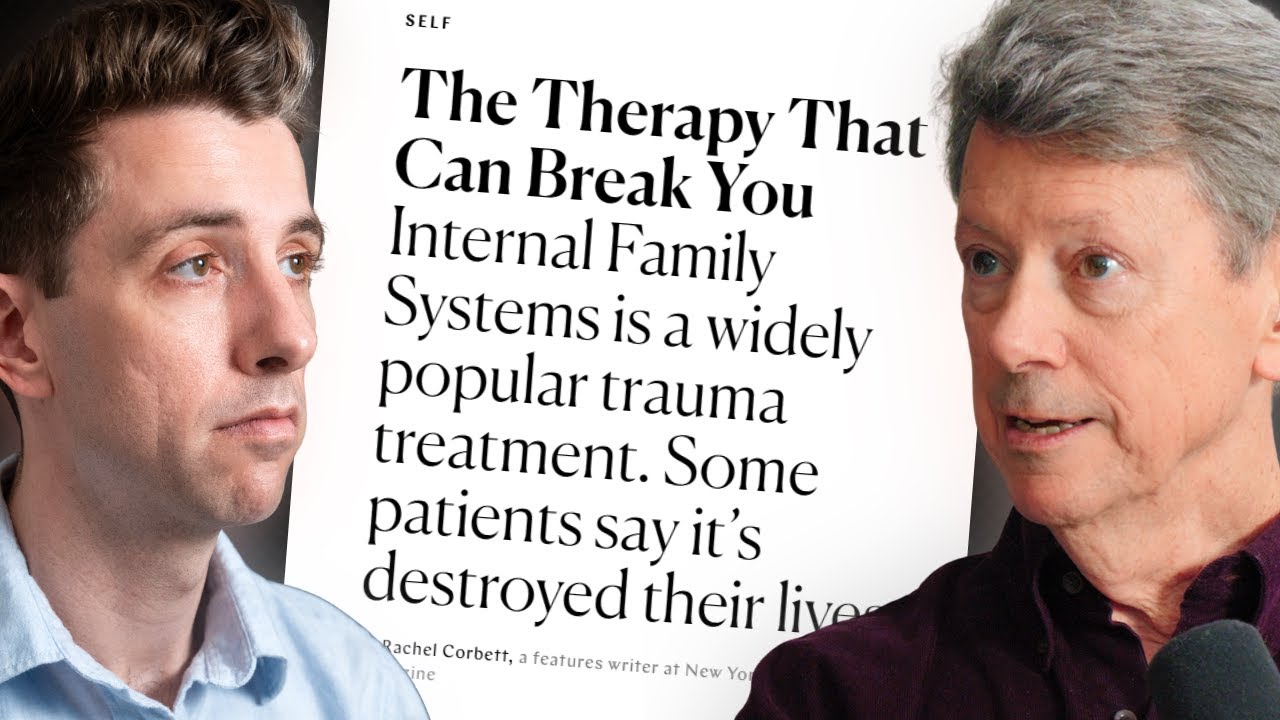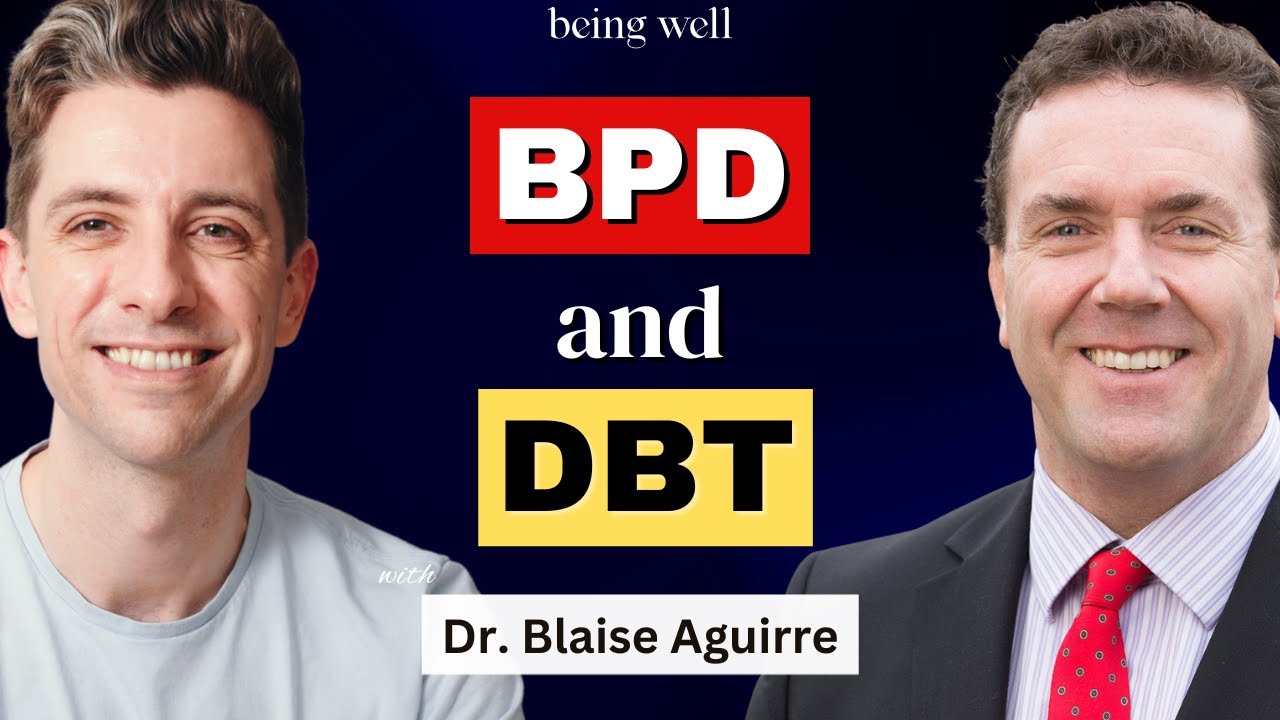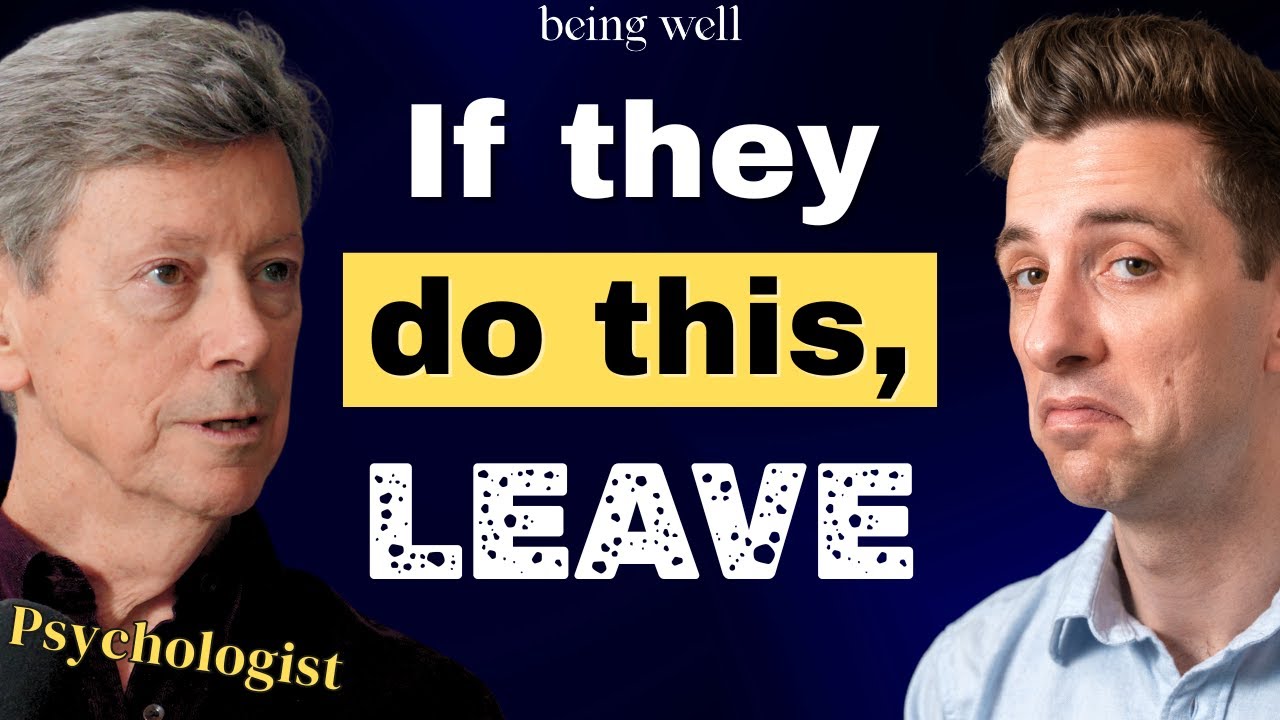On today’s episode of the podcast, Forrest and I focus on an unpleasant experience: loneliness. We explore how we can be surrounded by other people, and still feel alone, the genetic and developmental roots of loneliness, and how loneliness can creep into even our most connected, important relationships.
During our ongoing series on “Who Am I,” we’ve explored psychological conditions of various kinds – many of which are stigmatized and pathologized. You can find them in the DSM – the Diagnostic and Statistical Manual of Mental Disorders, which is the primary diagnostic tool published by the American Psychiatric Association.
It’s easy to think in binary terms – someone is “sick” or someone is “healthy.” But during our series, we’ve tried to highlight just how nuanced things are, and the broad spectrum of psychological states a person could experience in the big grey area between some theoretically perfect level of health and whatever the opposite of that is.
It’s worth noting that there are a lot of very unpleasant parts of life that no reasonable person would categorize as “disorders.” For instance, there’s no DSM entry for sadness or loneliness. Or frustration, rage, general lack of fulfillment, and so on. There’s a real risk sometimes of overmedicalizing perfectly normal parts of the human experience.
On today’s episode of the podcast, Forrest and I focus on one of those unpleasant experiences: loneliness. We explore how we can be surrounded by other people, and still feel alone, the genetic and developmental roots of loneliness, and how loneliness can creep into even our most connected, important relationships.
Dr. Rick Hanson offers 57 brief practices that strengthen the neural networks of deep well-being and resilience.
This program gives you just one thing to focus on each day to gradually change your brain for the better so you can handle the stresses and challenges of everyday life with greater ease, inner strength, and confidence.
Each practice is grounded in modern neuroscience and ancient wisdom, and Rick’s background in the very real world of business and raising a family.
They’re quick and easy to do, and each repetition strengthens key neural circuits – just like building a muscle in the gym. It’s the law of little things: a small thing repeated each day adds up to big results. Just one thing… that could change your life.
Use the code BEINGWELL at checkout for 10% off the purchase price.




